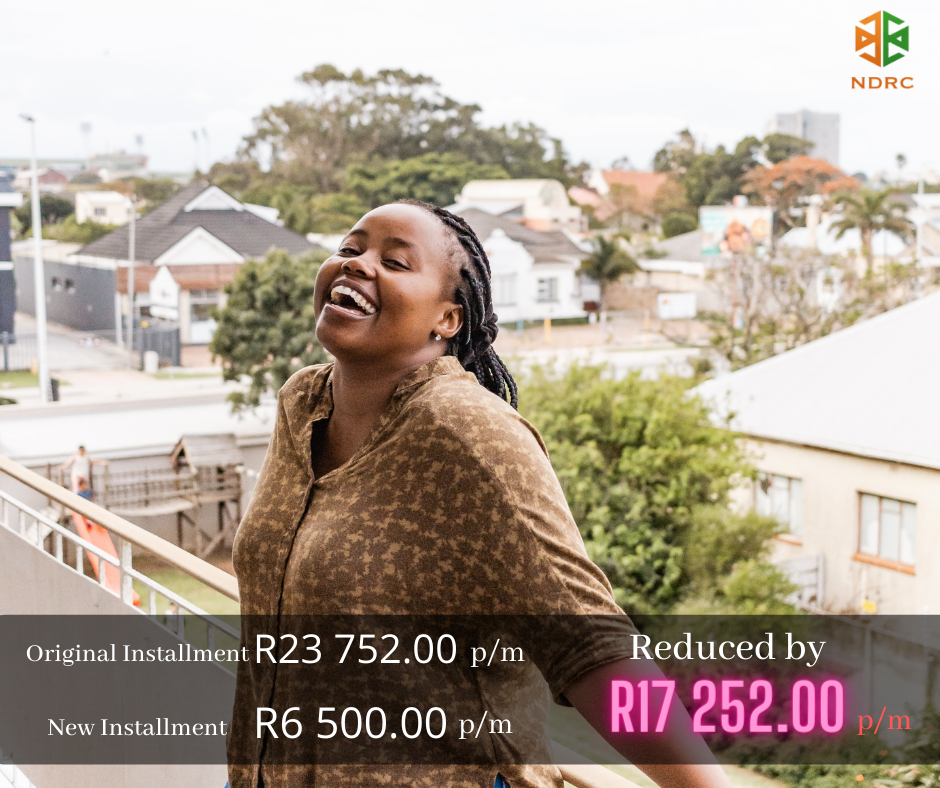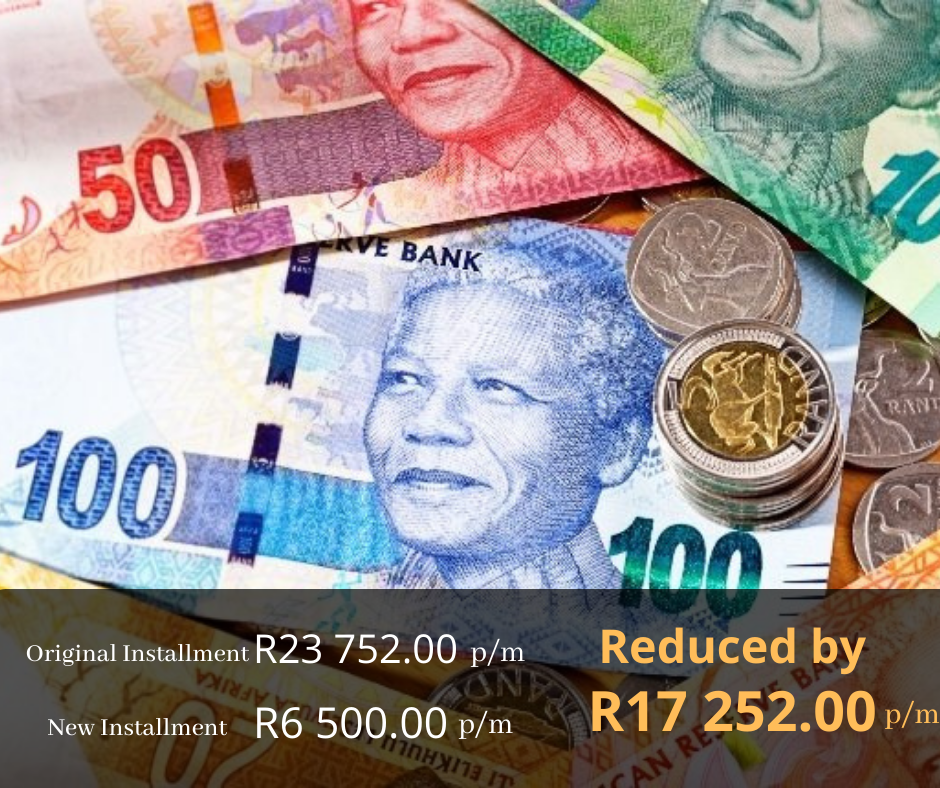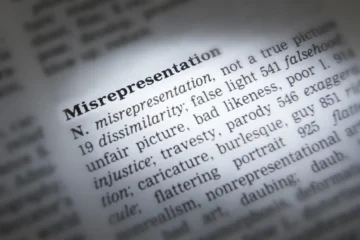Voluntary Sequestration in South Africa
Everything you need to know about voluntary sequestration in South Africa
By The National Debt Review Center
In recent years, South Africa has seen a rise in the number of people who are voluntarily sequestrating themselves. This is largely due to the country’s financial difficulties and the high cost of living.
Voluntary sequestration is when a person decides to hand over their assets to a trustee, who then manages these assets and distributes them among creditors. This process can be used to avoid bankruptcy, or to negotiate better terms with creditors.
South Africa has one of the highest rates of voluntary sequestration in the world. In 2017, there were more than 18,000 cases of voluntary sequestration, compared to just over 1,000 in 2010. This trend is likely to continue as the country’s financial situation deteriorates.
If you are considering voluntary sequestration, it is important to understand how the process works and what your rights and obligations are. This article will give you an overview of voluntary sequestration in South Africa.
What is Voluntary Sequestration?
Voluntary sequestration is the process by which an individual voluntarily surrenders their assets to a court in order to have their debt restructured. This process is only available to natural persons who are residents of South Africa, and who are unable to pay their debts as they fall due.
Sequestration is a last resort for people who are struggling to repay their debts, and it should only be considered after all other options have been exhausted. The aim of sequestration is to give the debtor a fresh start by wiping out their unsecured debts. Once an individual is sequestrated, they are protected from legal action by creditors and their assets are frozen.
One of the main advantages of sequestration is that it can help an individual avoid bankruptcy. However, it is important to note that sequestration will still have a negative impact on an individual’s credit rating and they will find it difficult to obtain credit in the future.
How does Voluntary Sequestration work in South Africa?
Voluntary Sequestration in South Africa is a process by which an individual can have their name removed from the National Credit Register. This will have a major impact on their credit score and will make it difficult for them to get credit in the future. However, it is important to note that this is a voluntary process and there are no legal implications.
Benefits of a Voluntary Sequestration
Voluntary sequestration is a process whereby an individual can legally hand over their assets to a trustee in order to repay their creditors. This process is regulated by the National Credit Act and provides protection from creditors for a period of 12 months.
Sequestration can provide relief from debt and allow you to start afresh. It is important to note that voluntary sequestration is not bankruptcy and does not have the same negative connotations.
There are numerous benefits of voluntary sequestration, including:
- All your unsecured debts are wiped clean. This means that you no longer owe money to creditors such as banks, credit card companies or store cards.
- You are protected from legal action by your creditors. Once you are sequestered, your creditors cannot take any legal action against you in order to recover their debts.
- You can keep your home and car. Unlike bankruptcy, voluntary sequestration does not automatically result in the sale of your assets in order to repay your creditors.
- Your credit record is not affected as badly as it would be if you were declared bankrupt. Although voluntary sequestration will remain on your credit record for up to seven years, it will not have the same negative effect as bankruptcy.
What is the purpose of Sequestration?
Voluntary Sequestration is a process whereby an individual voluntarily surrenders his/her assets to a trustee in order for these assets to be managed independently from the estate. The purpose of Voluntary Sequestration is to protect the debtor’s assets from seizure by creditors and to allow the debtor to make a fresh start financially. When an individual is declared insolvent, all of his/her assets are generally seized and sold off in order to repay creditors.
However, if an individual files for voluntary sequestration, his/her assets are placed under the control of a trustee who then manages these assets independently from the estate. This means that creditors cannot seize these assets and the debtor is able to make a fresh start financially.
Do I qualify for Voluntary Sequestration?
Voluntary sequestration is a process whereby an individual surrenders their estate to a trustee in order to have their debts settled. The term “estate” refers to all the property that a person owns, including their home, personal belongings, cash, investments, and any other assets.
Sequestration is only an option for those who are insolvent, which means that they are unable to pay their debts as they fall due. To be eligible for sequestration, you must meet the following criteria:
- You must be over the age of 18.
- You must be a resident of South Africa.
- You must be declared insolvent by a court of law.
- You must not have been sequestered before.
Once you have been declared insolvent, your estate will be placed under sequestration, and you will no longer be responsible for repaying your debts. Your trustee will take control of your assets and use them to repay creditors. After your debts have been repaid, any remaining assets will be returned to you.
What are the Consequences of Voluntary Sequestration?
Debt relief through voluntary sequestration has its pros and cons. On the one hand, it can provide much-needed debt relief for those struggling to make ends meet. On the other hand, there are a number of potential consequences that should be considered before taking this step.
One of the most significant consequences of voluntary sequestration is the impact on your credit score. Sequestration will remain on your credit report for up to six years, making it difficult to obtain new credit during that time. Additionally, your credit score will take a hit, making it more difficult and expensive to borrow money in the future.
Another consequence to consider is the effect on your employment prospects. Many employers require a good credit score as part of their hiring criteria, so voluntary sequestration could limit your job options.
Finally, there are a number of personal implications to consider before embarking on voluntary sequestration. The process can be emotionally and mentally draining, as well as financially devastating. It’s important to be sure you’re prepared for all of the possible outcomes before making such a major decision.
Is Sequestration better than Debt Counselling?
Voluntary Sequestration is a process whereby an individual (a “sequestrated person”) voluntarily surrenders their estate to the supervision of a court in order to have their debt repayment restructured. This process is overseen by the National Consumer Tribunal (NCT) and is an alternative to Debt Counselling.
According to the National Credit Act, any natural person who is overindebted, as specified in the Act, may apply for sequestration. If granted, all of the debtor’s property vests in the Master of the High Court, who becomes the debtor’s trustee. The Trustee will then sell off enough of the debtor’s property to repay creditors. Any surplus funds are paid to the debtor.
While Debt Counselling also provides debt relief for over-indebted consumers, there are some key advantages that make voluntary sequestration a more attractive option for some people. These advantages include:
- Sequestration results in a complete write-off of your unsecured debt. In contrast, under Debt Counselling only 70% of your unsecured debt may be written off.
- You are protected from legal action by your creditors during and after the sequestration process. Once your application for sequestration has been accepted by the NCT, all legal proceedings against you are automatically frozen. This means that your creditors cannot take any further legal action against you or attach any assets during this time.
- The sequestration process is generally quicker than Debt Counselling. Once your application for sequestration has been accepted, the process usually takes between 3-6 months to be finalised. In contrast, the Debt Counselling process can take up to 60 months.
- You are not required to make any further payments towards your unsecured debt once your sequestration order has been granted. Under Debt Counselling, you are required to make minimum monthly repayments towards your debt for the duration of the process.
- You may be able to keep some of your assets. When applying for voluntary sequestration, you can elect to exclude certain assets from your estate. This means that you may be able to keep your car or your home, for example. Under Debt Counselling, all of your assets are used to repay creditors.
Overall, voluntary sequestration is a more attractive option for people who are over-indebted and who want to have their debt completely written off. However, it is important to note that the process is more complex than Debt Counselling and you will need to obtain professional help in order to ensure that your application is successful.
Advantages and Disadvantages of Voluntary Sequestration
Voluntary sequestration is a process whereby an individual or company voluntarily surrenders their assets to a trustee in order to pay off debts. The main advantage of this process is that it allows the debtor to avoid bankruptcy. However, there are several disadvantages to consider before deciding if voluntary sequestration is the right option for you.
One of the main disadvantages of voluntary sequestration is that it can be very costly. The fees associated with the process can sometimes be more than the actual debt owed. In addition, any assets surrendered during sequestration are liquidated in order to pay off creditors, which means that the debtor will likely end up with little to no assets after the process is complete.
Another disadvantage of voluntary sequestration is that it can have a negative impact on one’s credit rating. This may make it difficult to obtain future loans or lines of credit. In addition, employers may be hesitant to hire individuals who have gone through voluntary sequestration due to concerns about their financial stability.
Finally, it is important to note that voluntary sequestration is a legal process in South Africa and should only be undertaken with the advice and assistance of a qualified legal professional. It is not a decision to be made lightly, as it can have significant repercussions on your financial future.
Can I enter Voluntary Sequestration without assets?
If you are experiencing financial difficulties and are unable to repay your debts, you may be able to enter into voluntary sequestration without any assets. This means that your creditors will not be able to seize any of your assets in order to repay your debts. However, you should be aware that entering into voluntary sequestration will have a significant impact on your credit rating and you may find it difficult to obtain credit in the future.
Conclusion
Although South Africa has made great strides in democracy and human rights, the high levels of crime and violence still make it a very dangerous place to live. For this reason, many people choose to voluntarily sequestrate themselves in their homes, away from the outside world.
While this may seem like a extreme measure, for many people it is the only way to feel safe. If you are considering voluntary sequestration, be sure to weigh all your options and consult with trusted friends or family members before making a decision.
Our Debt Counsellors are always available to help and advice. Call 0410125036 or book your consultation below.
Visit our Facebook Page








0 Comments